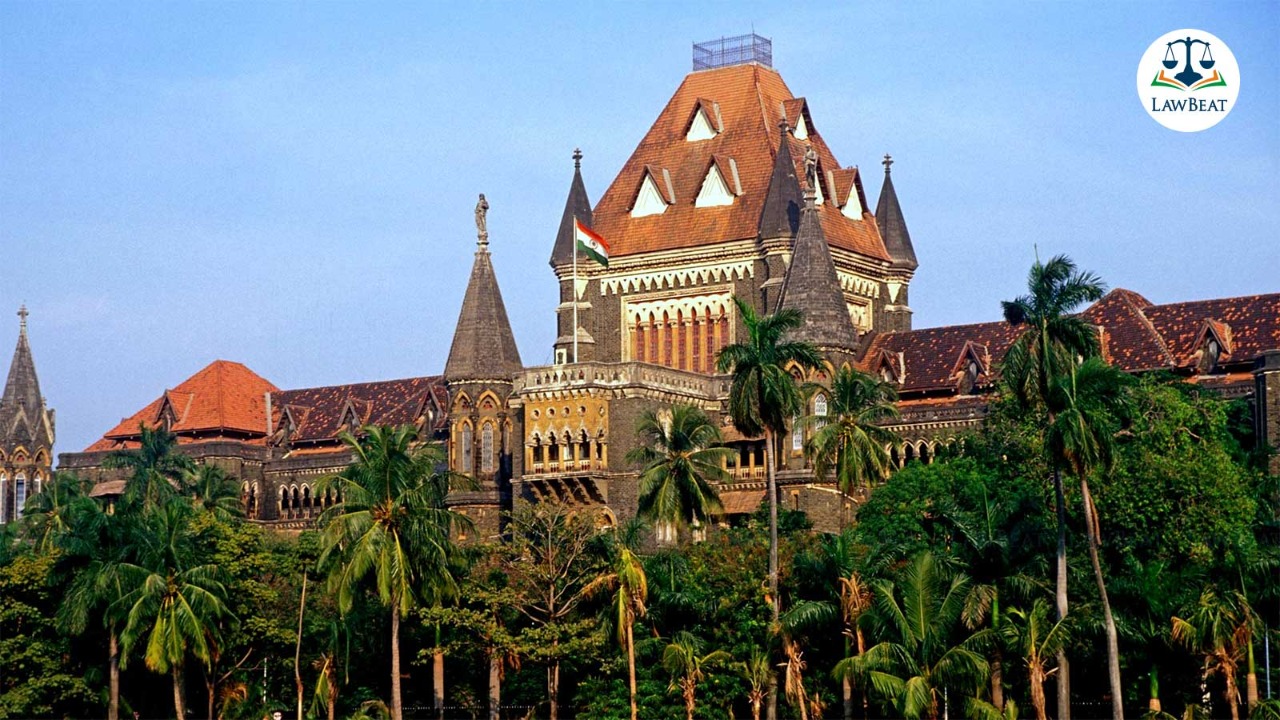Bombay High Court Remits Rape Case to Trial Court After Finding Discrepancies In Statements Recorded Under Section 313 CrPC

The high court remitted the case to the sessions court while observing "glaring discrepancies" in the statements recorded under Section 313 CrPC.
A single judge bench of the Bombay High Court comprising Justice Bharathi Dangre has recently remitted a case pertaining to rape of a young girl by her 19-year-old brother to the Mangaon sessions court in the Raigad district of Maharashtra.
The trial court has been directed to proceed afresh from the stage of recording the statement of the two accused under Section 313 of the Criminal Procedure Code (CrPC).
The case relates to a young girl who was studying in class 8 when her parents discovered that she was pregnant. A case was registered in 2013 when the girl delivered a girl child. The girl revealed that she had been raped by her 19-year-old biological brother, while her cousin brother, who had been arrested by police, was found not responsible for the pregnancy following DNA tests.
The prosecution argued that both accused had sexually exploited the girl, while they denied the allegation. During the trial, the girl had turned hostile, and on January 4, 2019, the court held both the accused guilty of sexual offences.
The high court, taking note of the trial proceedings, noticed "glaring discrepancies" in the statements recorded under Section 313 CrPC, and opined that the prosecution had shown a "perfunctory approach" in handling the case. The court observed that the questions that should have been put to the cousin brother were put to the victim’s brother and vice versa, indicating a "complete non-application of mind" by the prosecution.
Moreover, Justice Dangre noted that the DNA report was not properly exhibited as mandated under the procedure, which he described as a "classic example" of the prosecution's perfunctory approach in sensitive trials such as the present one, where the lives of the young victim and two accused persons were at stake.
The high court also emphasized the importance of recording the statement under Section 313 CrPC, stating that it was not a mere formality, but a crucial mandate to afford an opportunity to the accused to explain the inculpatory material used against him to sustain his conviction.
Court further noted that the recording of the statement is a most imperative mandate, and failure to invite the accused's attention to such inculpatory evidence would result in a miscarriage of justice, prejudicing both accused persons.
Case Title: ABC vs State of Maharashtra
